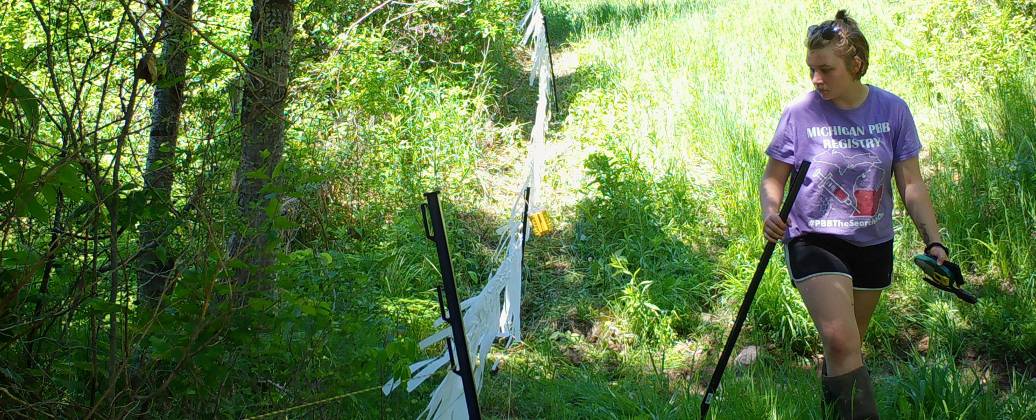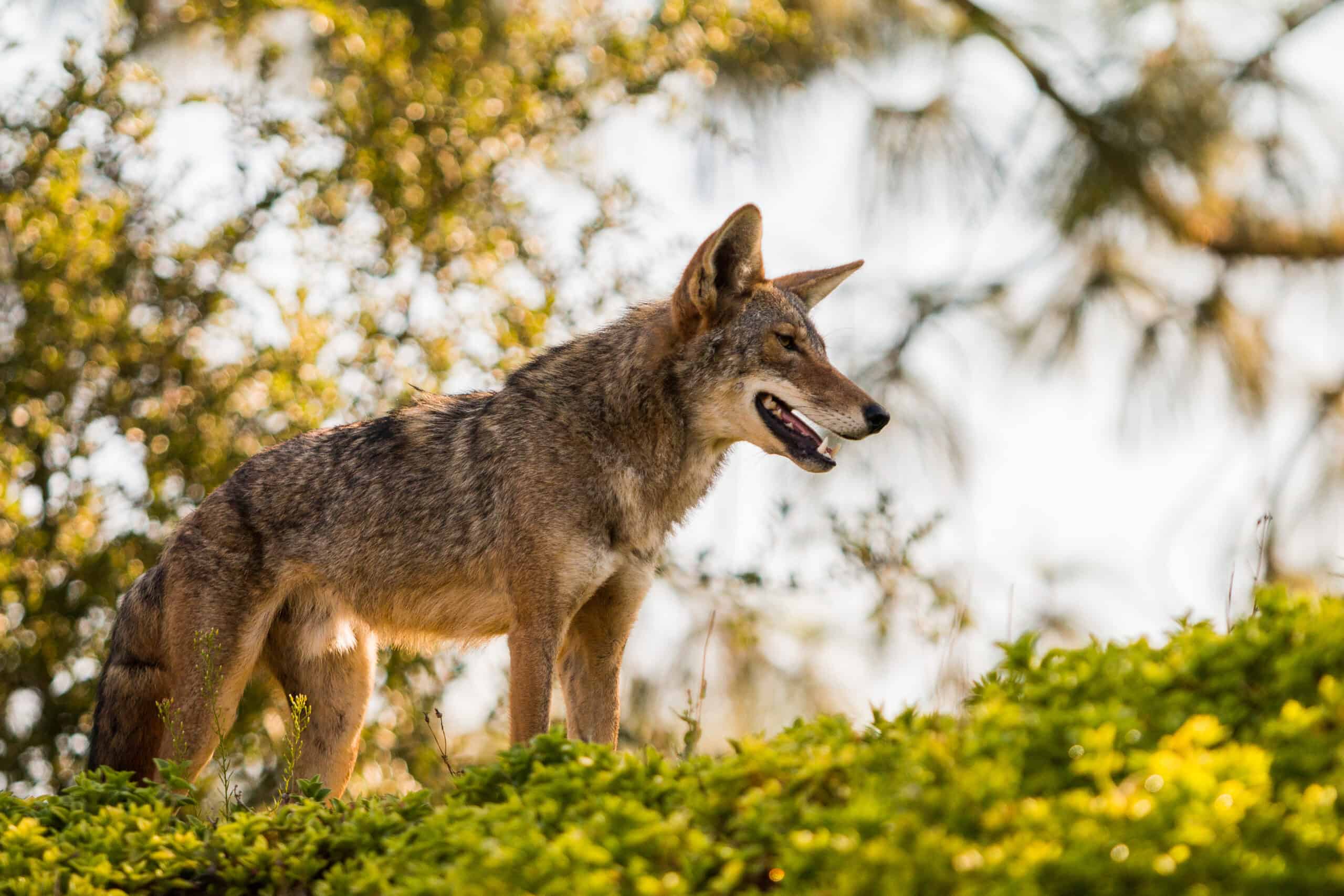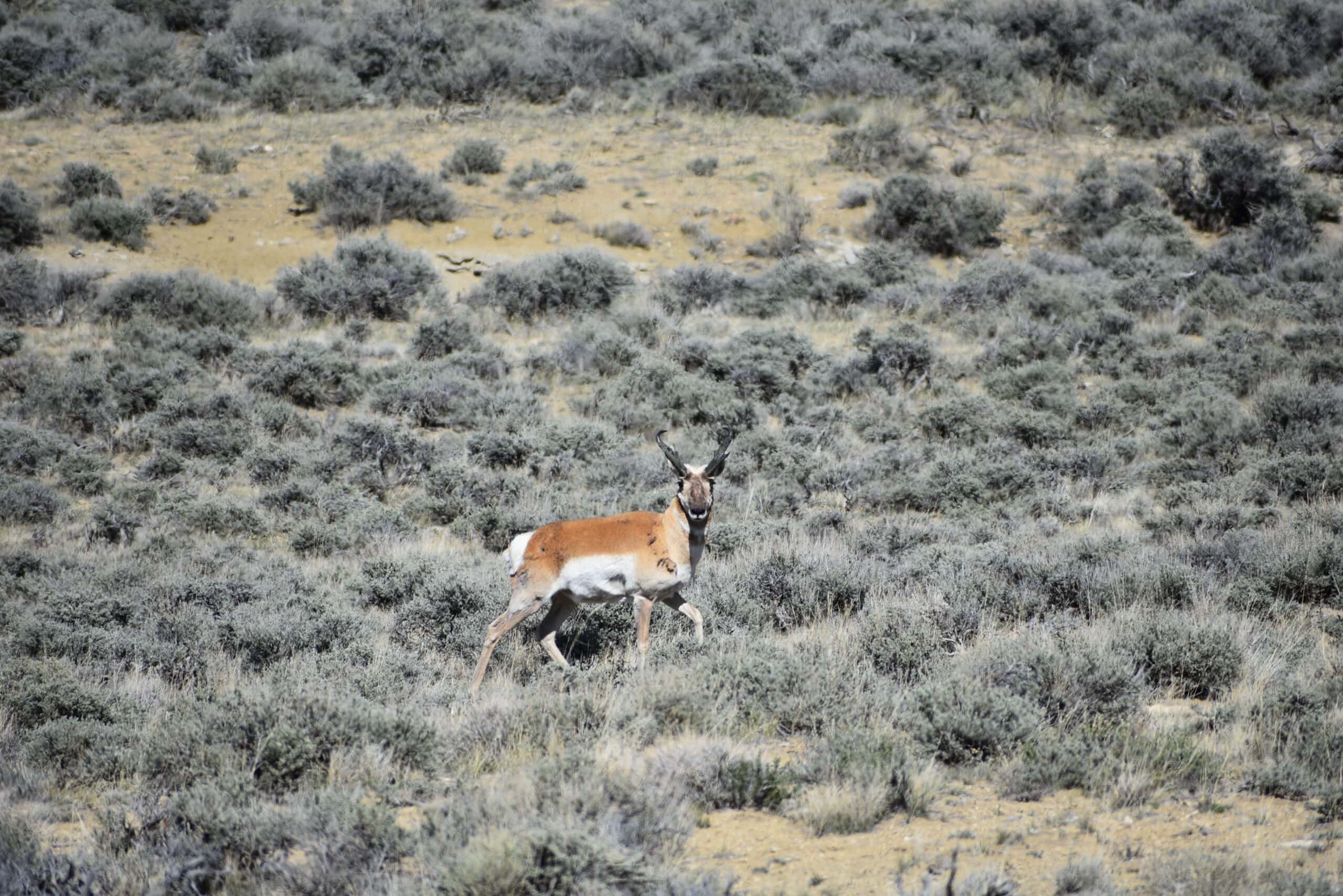Share this article
Wildlife Vocalizations: Abi Fergus
Wildlife Vocalizations is a collection of short personal perspectives from people in the field of wildlife sciences.
We need swift change as the world is losing biodiversity and the Indigenous cultures and languages that preserve and foster rich life on earth. A major theme I see in this needed change is the way scientists view and conduct ourselves.
There is a myth that scientists can be, and are, objective when we all have a positionality—a relationship to our research that is shaped by who we are as individuals. There’s still a lot of pressure to subdue who we are and pretend we are free of bias in this field. Bias is inherent to being a human and the actual way around tainting research with negative forms of bias is to embrace and foster diversity in all its forms.
As I pursued my graduate education in carnivore coexistence, I stumbled into this place of no longer being able to bury my queerness. Sadly, the day that my queer revelation descended, my initial response was wishing I could unrealize my queerness. I “didn’t have time” to figure this part of me out. I was already abstaining from donning the green hair that I feel most at home in, struggling through chronic pain and physical disability, and realizing I had unaddressed learning and developmental disabilities all my life.
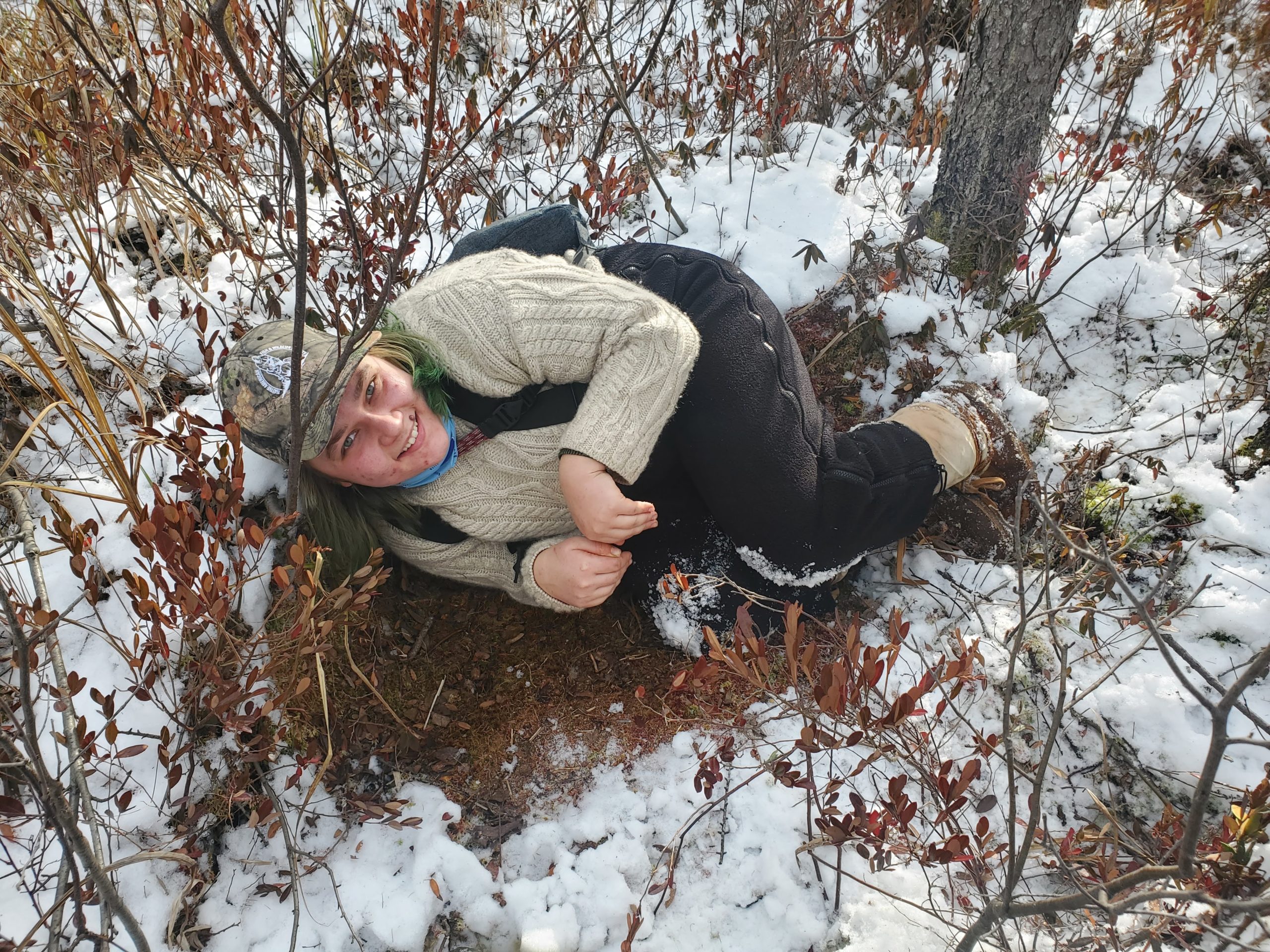
Abi poses in a deer bed during a CyberTracker trailing evaluation in which she got her level 3 trailing and level 3 certifications.
Courtesy of Troy Ellefson
There’s not adequate space or resources in academia to fully embody who we are and what support we need and deserve. This situation upholds the historic gatekeeping and ableism in academia and all the while navigating academia is generally inherent to getting into the wildlife field. As a result, we are missing irreplaceable positionalities to bring about holistic research and solutions in wildlife conservation.
I am white, and outsiders can easily assume that I am a woman and that I am straight. There are Black, Indigenous and people of color who can’t mask elements of their being in order to navigate a bias riddled field that all the while claims to be above bias.
All the Western Hemisphere is Indigenous land, and in the wildlife field, we still uphold stories that North and South America were “untouched wilderness” thus erasing the stewardship of ecosystems done by Indigenous people for millennia.
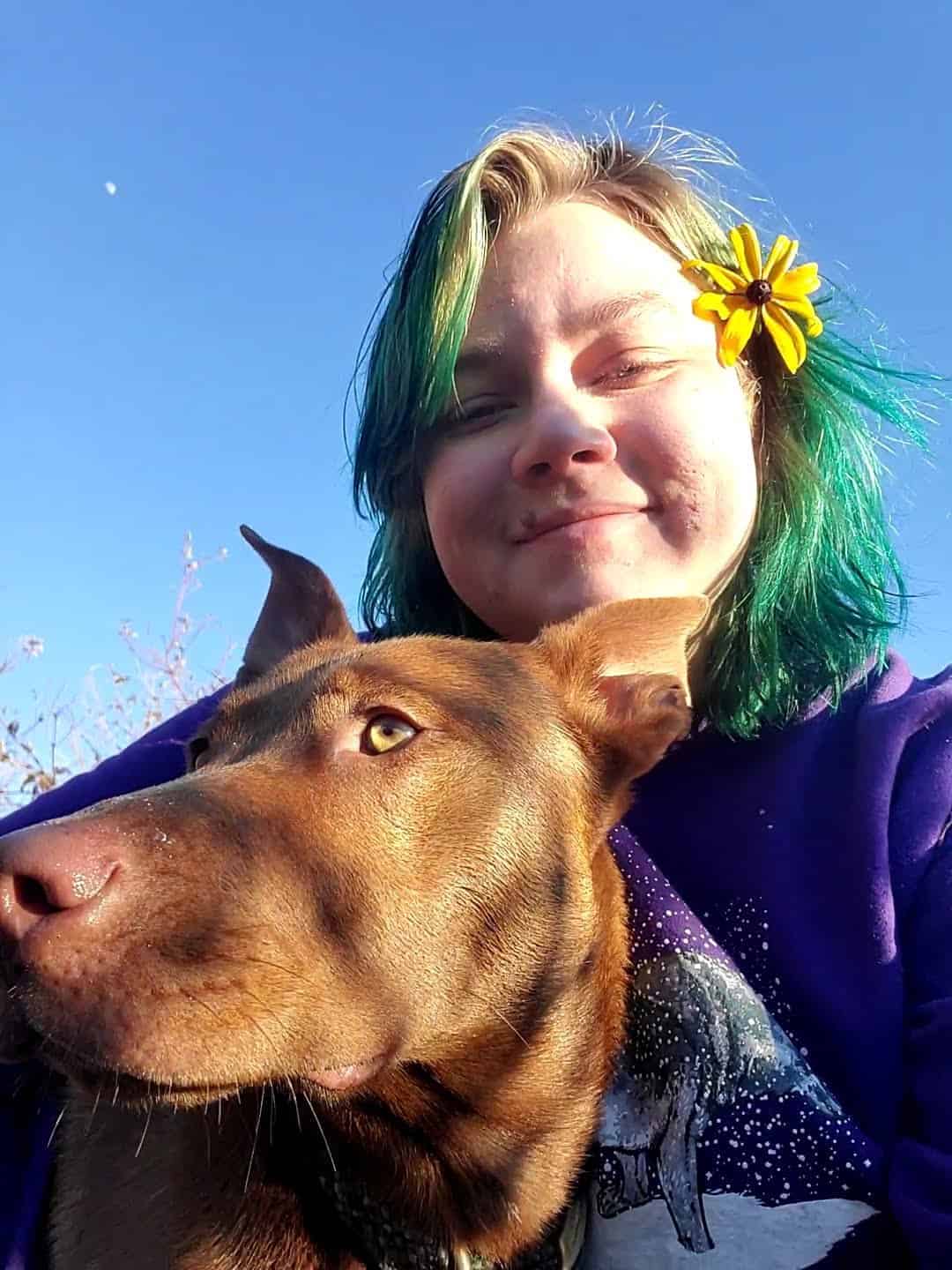
Abi poses with canine companion Juniper.
Courtesy of Abi Fergus
We should all be able to freely express who we are, and with transparency, inform those who consume our research about what our positionality is. I believe with more acceptance and support for diversity of all kinds in our field, we’d find more effective wildlife conservation solutions—whereas the way the field has been involves a lot of research that can be out of touch with communities on the ground. For example, I’ve heard stories and experienced how research scientists in carnivore coexistence can be out of touch with small farmer lifestyles and needs. Working with farmers has been a great teacher to me in taking off the mask of “professionalism” and connecting human to human for solutions. In the immediate future I want to see more of us embodying who we are for better informed science.
Learn more about Wildlife Vocalizations, and read other contributions.
Submit your story for Wildlife Vocalizations or nominate your peers and colleagues to encourage them to share their story.
For questions, please contact Jamila Blake.
Header Image: Abi inspects a line of fladry during graduate research into carnivore coexistence on small livestock farmers in northern Wisconsin. Courtesy of Abi Fergus



